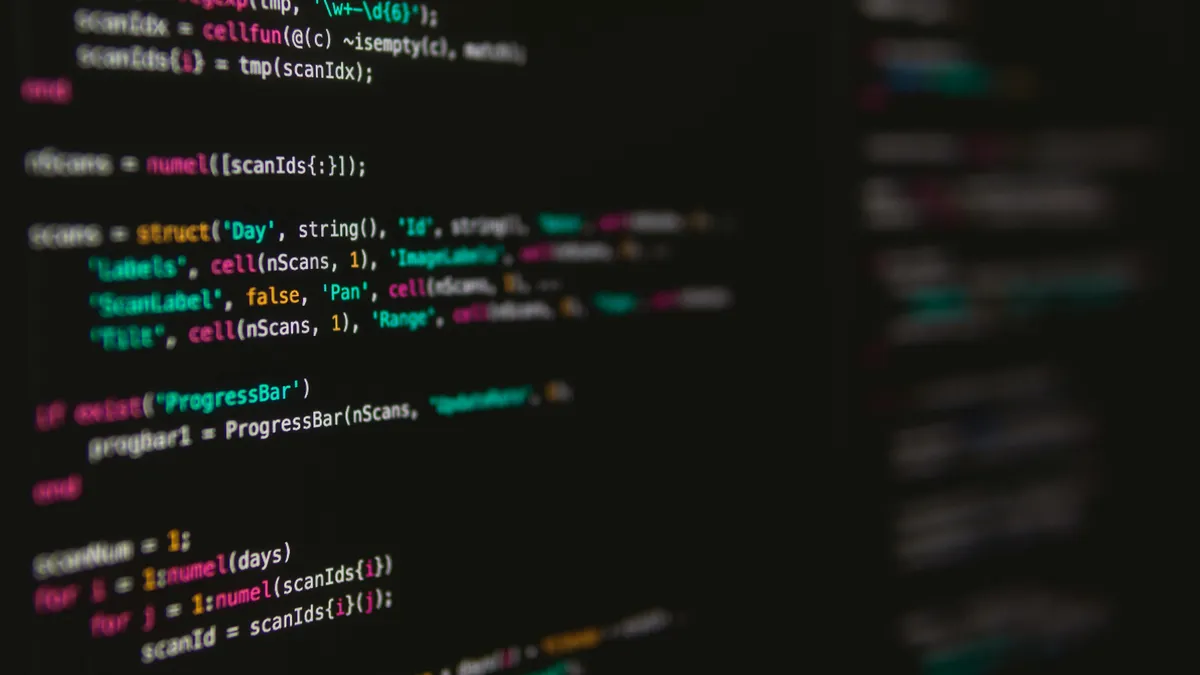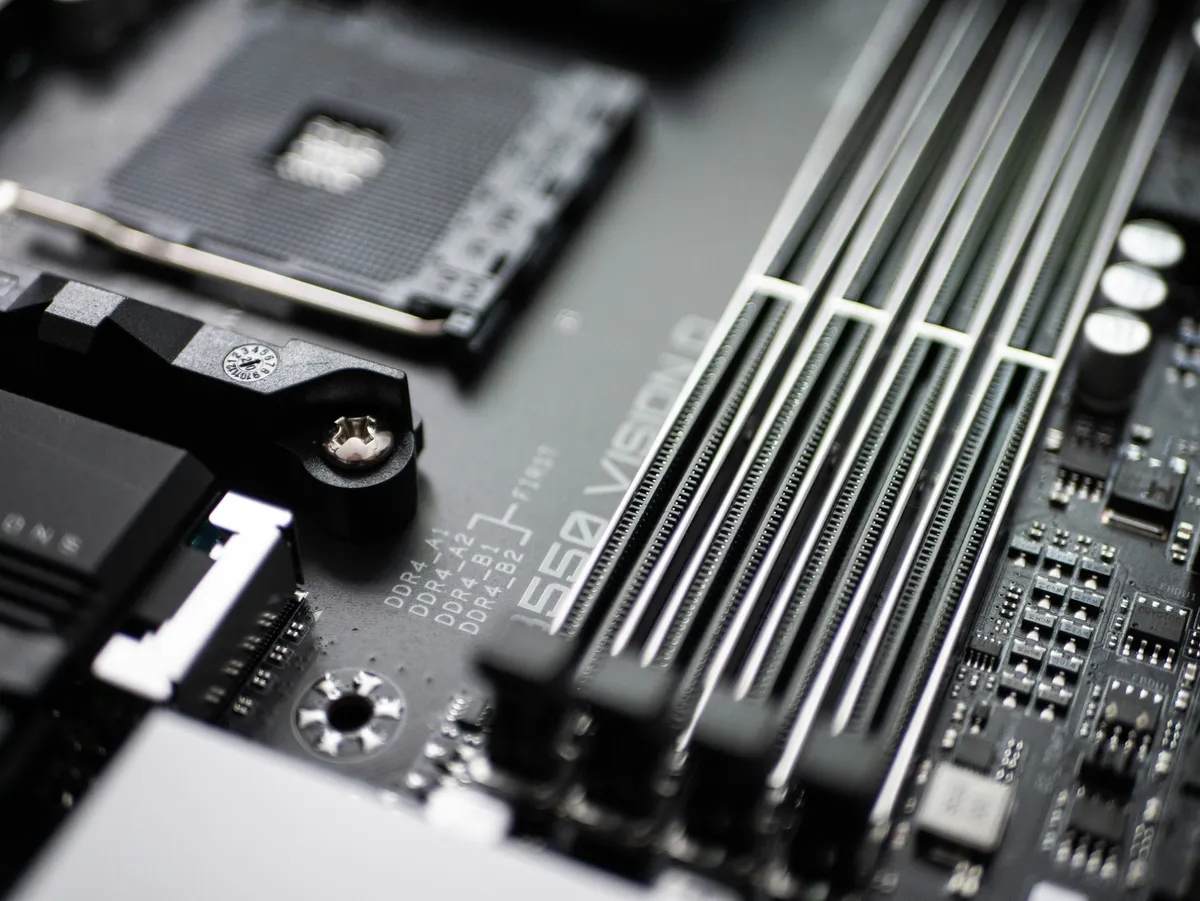Support Open Source Software
 Photo by Trevor Vannoy on Unsplash
Photo by Trevor Vannoy on Unsplash
What is Open Source Software?
Open Source Software is software that is released with a license that allows other people to modify and share the software without having to ask for permission from the original creator. Common licenses are:
- MIT License
- Apache License (currently version 2.0)
- GNU General Public License
- And my personal favorite: Beerware License
The alternative to OSS is software where the author (or business that created it) considers it to be proprietary, meaning they will not let you modify it or share it without their permission. Companies usually produce proprietary software because they plan to charge a license fee to use it, since it cost time and money to create it in the first place.
Both types of software have their place in society, but in this post, I will make the argument that individuals should first consider open source software.
How is Open Source Software Different from Free Software?
There are two types of "free" software. The first type is where the author does not charge you a fee to use the software, but could place restrictions on what you can or cannot do. The second type of free software is the type where the author decides that the software should be freedom respecting, meaning others can use it for any purpose, including making modifications and taking it apart to see how it works. This type of software is similar to open source software in the sense that you can do what you want with it, but note that some "free" software can still cost money! The Free Software Foundation describes this type of software as “free” as in “free speech,” not as in “free beer.” In other words, once you purchase it, you can still make modifications and distribute it any way you want - meaning you have the liberty but may still need to pay for it.
All software is protected by a copyright once created. The author can choose to put the software into the public domain, or can grant you the right to use the software under a license. See the licenses mentioned above for more information.
Why Use Open Source Software?
There are multiple reasons why I recommend people switch to using open source software. The following are only a few examples, which summarize some of the major benefits.
First, people feel safer when the source code for software is made public for review. For example, Bitwarden is an open source password manager. If you wanted to verify that they are properly encrypting your passwords, you can look at their source code. Be careful, because if everyone feels that someone else is checking the source code, then nobody is really safe. However, for the most part, you can assume someone else has reviewed the code at least once.
Information Flow is what the Internet is about. Information sharing is power. If you don't share your ideas, smart people can't do anything about them, and you'll remain anonymous and powerless. -- Vint Cerf, one of the fathers of the Internet
Most people like for their software to work correctly all of the time. We all know that this is a pipe dream, and software often crashes. However, waiting for a vendor to release a patch takes time, and often communities online can identify the problem faster. Being able to legally change the software on your own speeds up the process of fixing the software, which for things like potential vulnerabilities, is critical. If you do not have the skills to fix the software, often someone else does.
Open source software also gives you flexibility. If your computer's motherboard dies, you could replace it, plug your hard drive back in, and continue using Linux. However, if you had chosen a proprietary operating system like Microsoft Windows, your machine would not boot. Microsoft has decided that it is better to prevent software theft by locking your license to use Windows to the physical hardware you have in your computer instead of giving you the option to replace parts on your own. If you change that hardware, you need to purchase a new Windows license.
 Photo by Sven Finger on Unsplash
Photo by Sven Finger on Unsplash
Many of the software programs released as open source have similar functionality to proprietary programs. Sure, some may not be as polished as a proprietary program, but that's only because many are developed by people in their free time. The solution here is to try many different types of open source software, and find a solution that works for your needs. Developers are also usually approachable, so if something doesn't include a feature you want, ask the developer to add it to their list of enhancements.
People often choose to use open source software because it doesn't cost anything. That is a huge benefit. The authors of the software often make it because they had a problem they needed to solve for personal reasons, but chose to offer it to the broader community with the hope that it improves the lives of others too. Although you may not pay anything for the software up front, it is a good practice to send the developer some money as a show of thanks, which will only help to encourage more development.
What are the Downsides?
First and foremost, open source software usually does not come with indemnification from the author. This means that the author will not defend you if someone claims that their work was stolen and put in the software you are using. In most cases, this is not a big deal because (1) most people who create OSS do not have the money to defend any users of the software in litigation; and (2) the solution is to simply stop using the software and switch to something else. The amount of monetary damages someone could claim for the use of one instance of OSS is also relatively small.
OSS also usually disclaims any warranties, meaning you also cannot force the developer to fix any bugs you find in the software. If it doesn't work and they won't fix it, that's too bad. Fortunately, there are ways around this, which I explain above.

Convinced Yet?
There are many popular software packages that are open source which are comparable to proprietary versions. Switching to open source software also reduces your reliance on large tech companies, who we know do not have our best interests at heart. In fact, they only care about profits for their shareholders, so their actions are almost never in your best interest.
In case you are also wondering where to start, here are some open source software that I personally use:
- Linux for my computer's operating system, specifically Pop!_OS
- GrapheneOS for my cell phone's operating system
- Nextcloud for my cloud storage
- Immich to manage my photos (although modifying this software is not allowed per the terms of the license)
- Darktable for my photography workflow
- Librewolf for my web browser
- Signal for text messages
- Bitwarden to manage my passwords
- Emacs for text editing
- Joplin to take and organize notes
 Photo by Luke Southern on Unsplash
Photo by Luke Southern on Unsplash